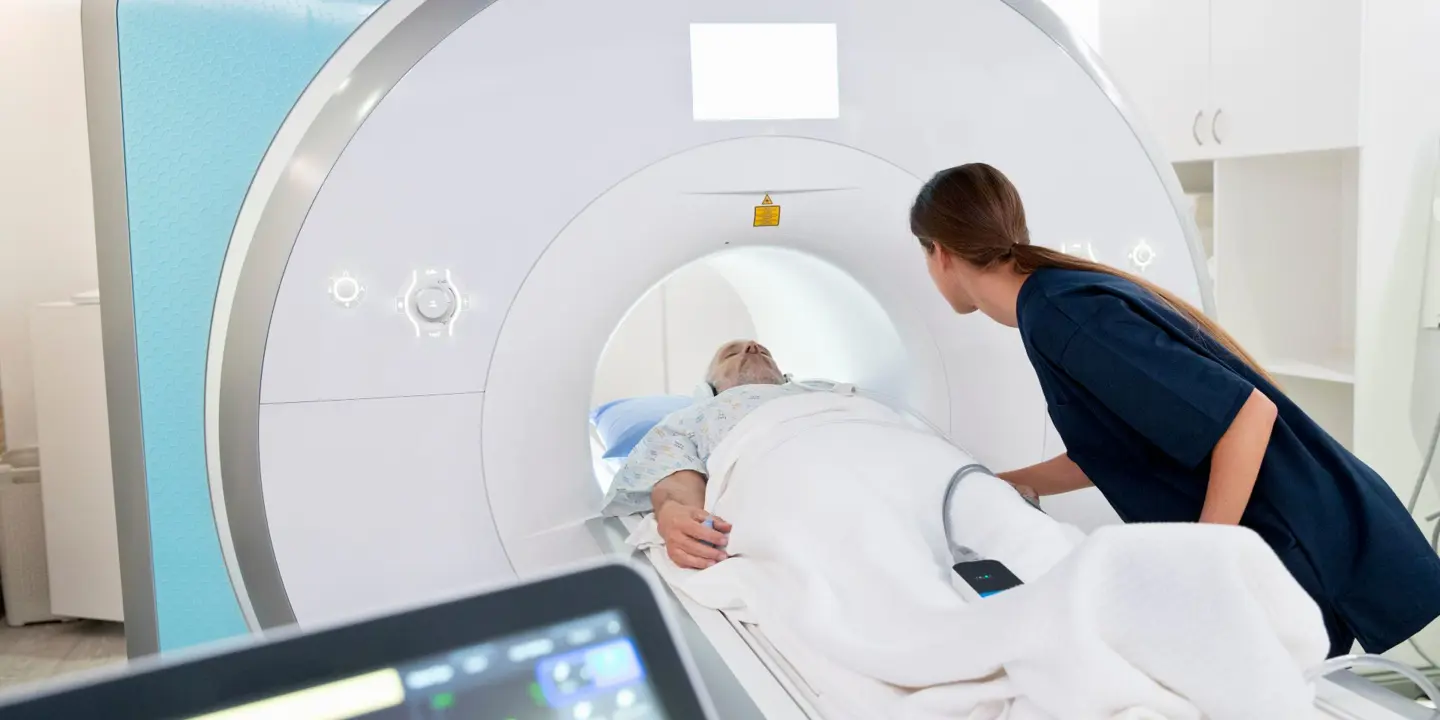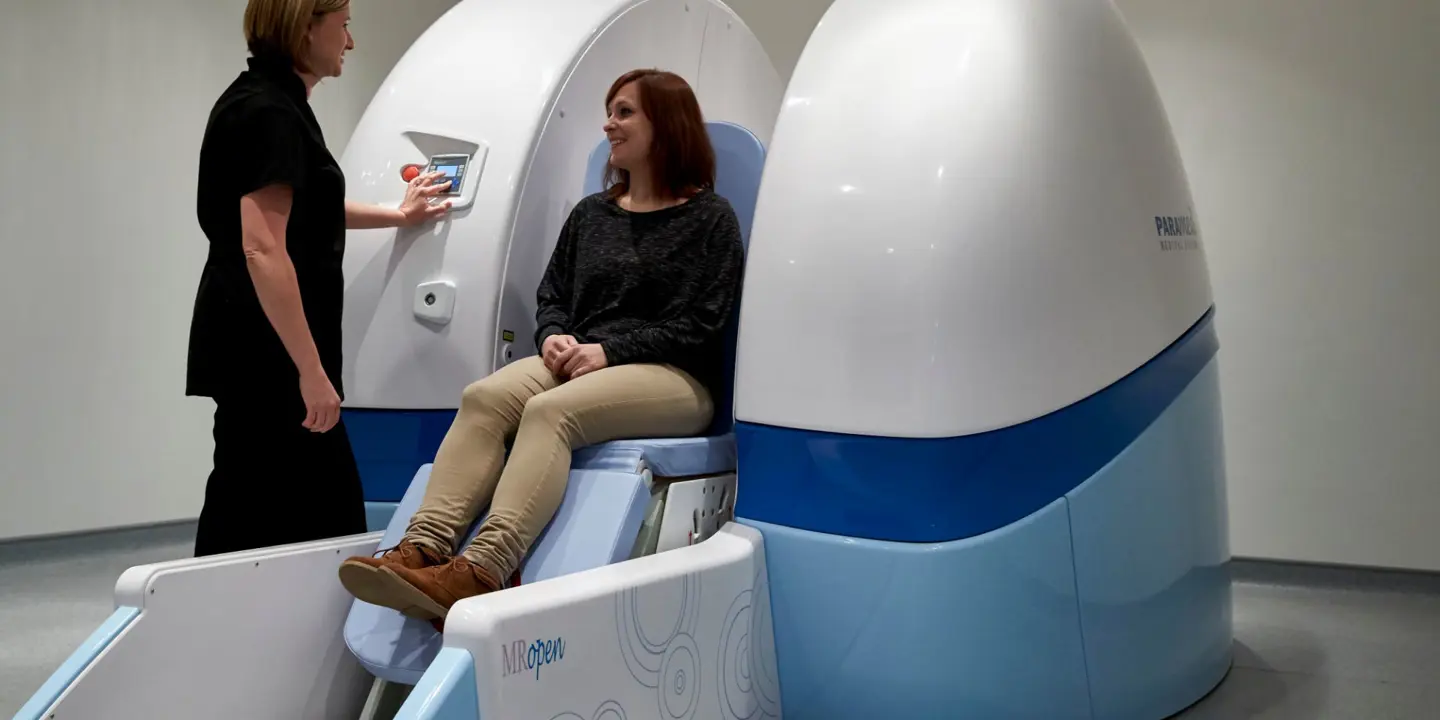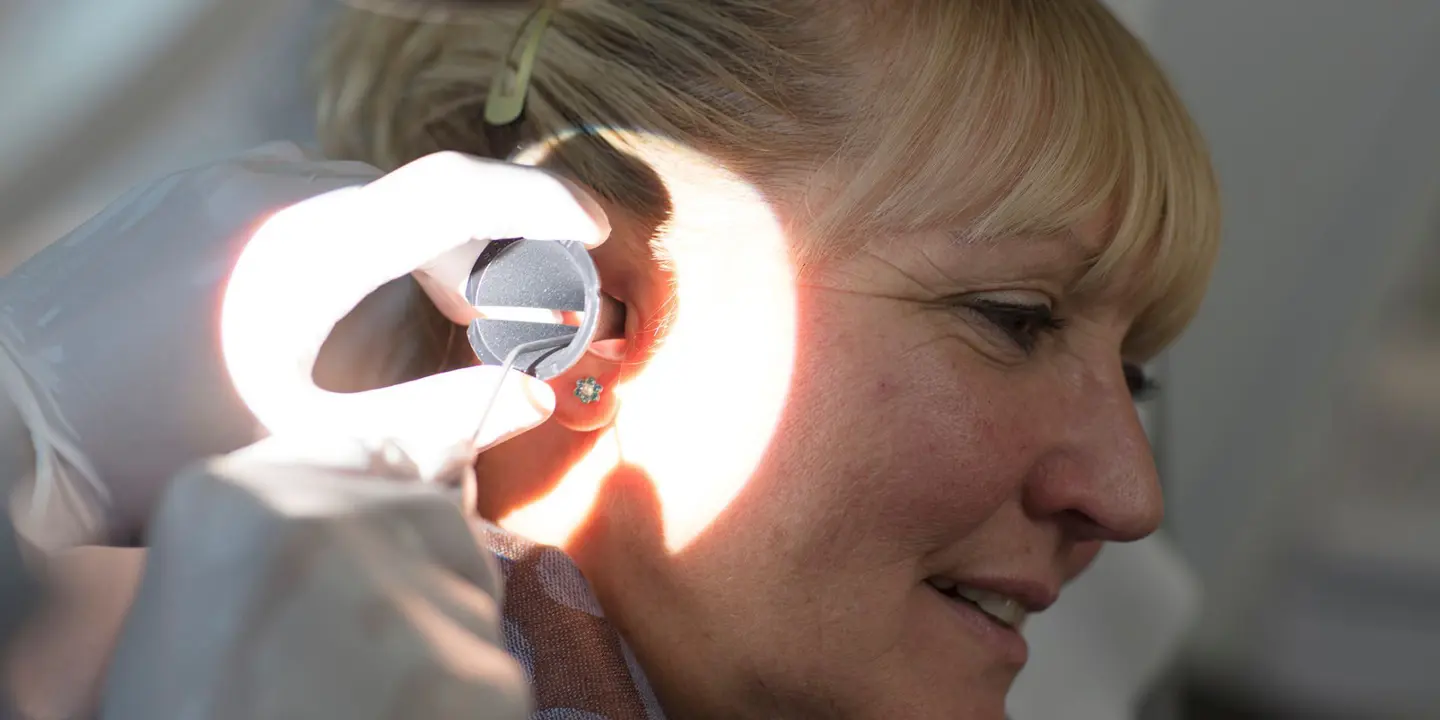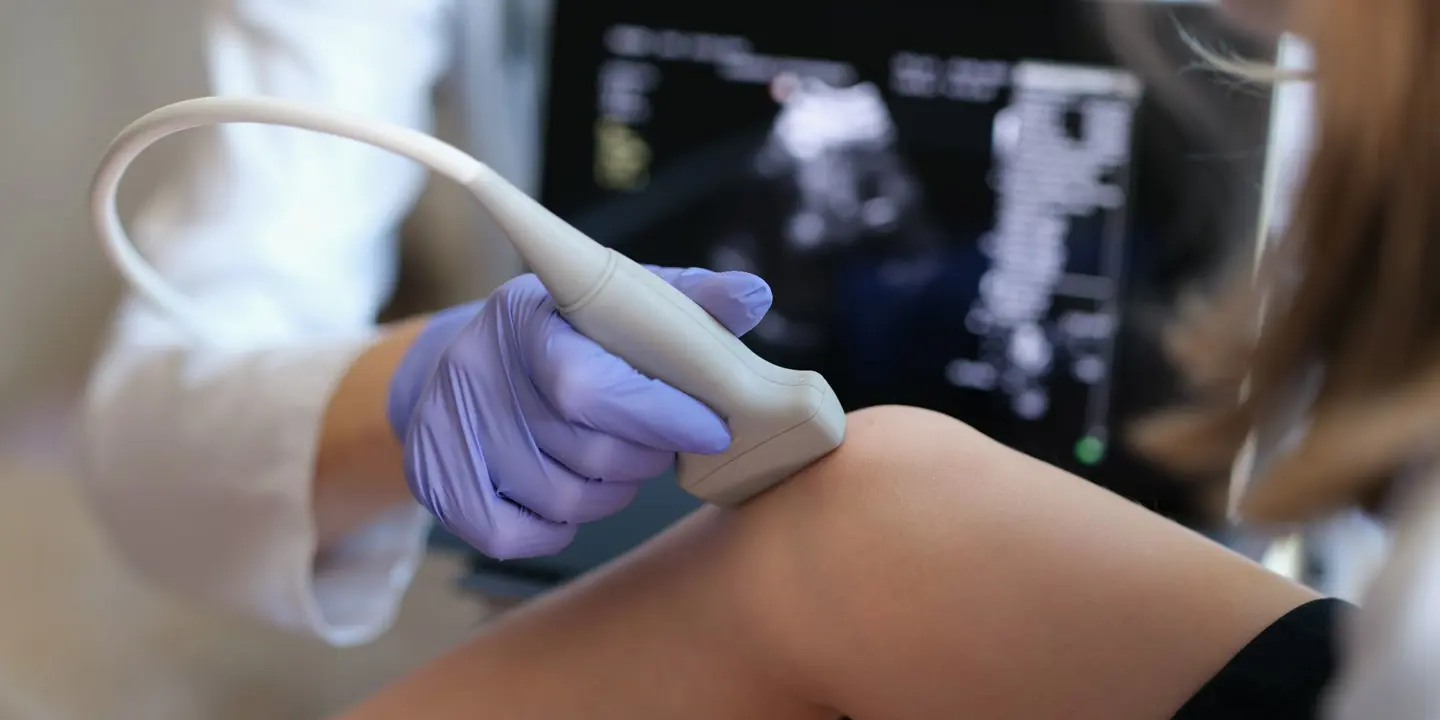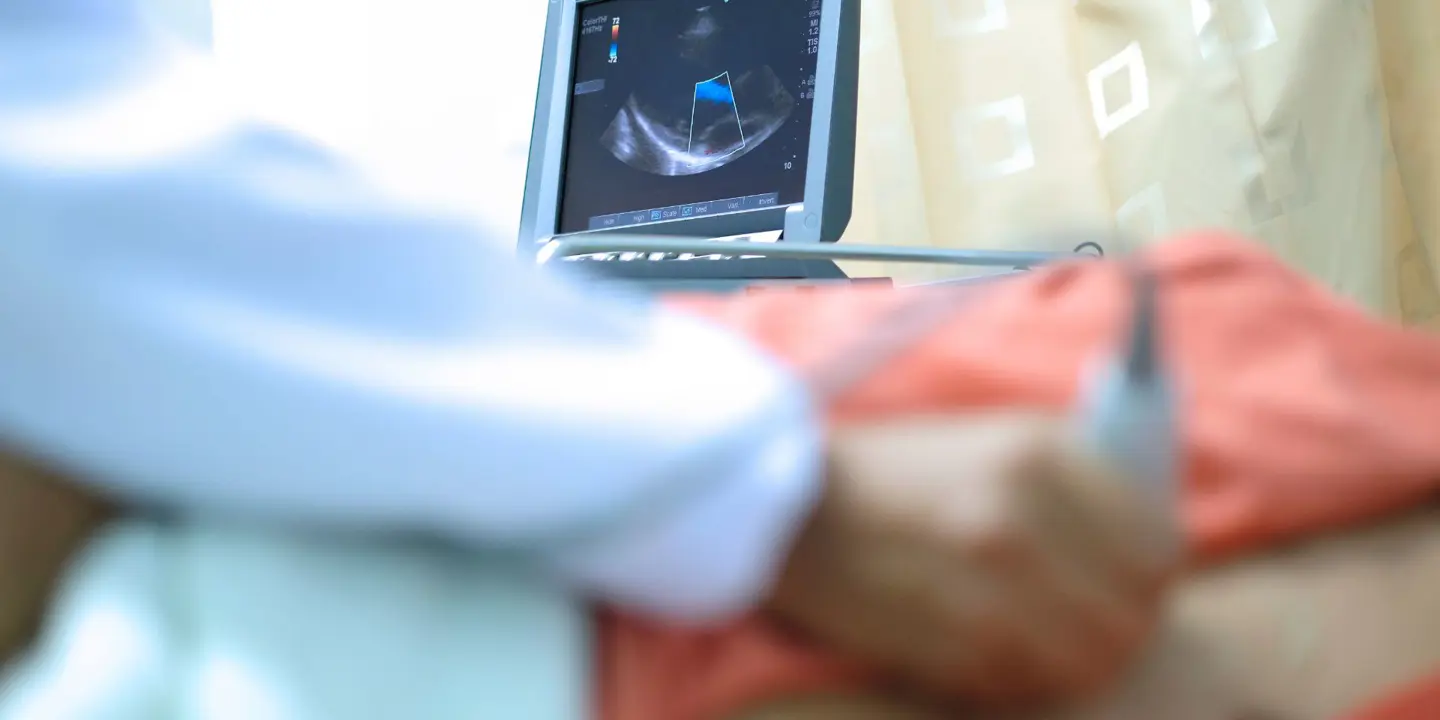Why did you decide to start a career in Sonography?
I am very sociable and engaging in personality, I wanted a job which I could retain this whilst remaining on my feet. I was fortunate to have a family member who was a sonographer and after seeing her at work, I fell in love with the role. The job had a balance between communication, professionalism, and personal reward from being in the healthcare field. The personal reward is so key to this role because it humbles you to be there to help someone in their time of worry and uncertainty and this is something so few jobs have.
How did you qualify as a Sonographer?
Originally, I started with a degree in Human resources/Public Relations; I went into sonography with the guidance and extensive experience from my cousin who was already in the roll, then I completed a Post-graduate diploma in Diagnostic Medical Sonographer.
Describe a typical day
I start my day early, at least 1 hour before my 1st patient. I set up the computer and ultrasound machine, clean the workspace and patient bed. I set up my referrals and go through any emails from staff in the morning. As Lead Sonographer/Auditor second opinions, referrers queries are part of my roll. I believe starting this way allows for a clear and focused day where I can focus on my patient as soon as they walk in and give them the attention and care they need. The day will consist of around 15-21 patients which follow a structure; Introductions and background history, explain the examination, conduct the scan, clearing up/questions, and reporting. This might sound repetitive, but each patient has a different story and therefore a different approach. I end my day by checking all the referrals, documents are saved and disposed of correctly. I clean the room and my workspace and check on my colleagues who are working later – This is key to have a good work relationship!
What is the examination process?
Each exam is different, well at least for me! In the patient’s perspective, it is mostly, lying down, exposing the area being scanned (most often the abdomen), cold gel onto the sight, and having the probe moved around by myself to get the images. Ultrasound is one of the safest and quickest options for patients. It is very user dependent but that’s why we have strict and clear guidelines including a robust audit and second opinion service. The scan itsself is mostly well known for being used in pregnancies, but ultrasound scanning is one of the core tools used by the medical field for most specialties.
What is the most challenging part of your role?
This is a double edge for me; healthcare itself is in a pressured time in history and moments where I struggle when abnormal pathology is found, and the results of the scan are bad news. It is very hard as we cannot discuss the results with the patients, only their referrer, and we must keep a happy face.
What is the most rewarding part of your job?
The other side to my career is when I find normal results which thankfully happens more often than abnormal results. Even though we cannot discuss results with patients, I can give that person reassurance, peace of mind and hope that they need when they feel scared and nervous about their health. It makes my day.



